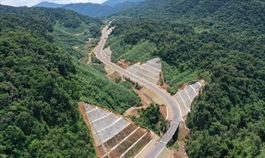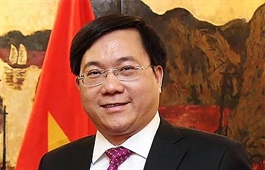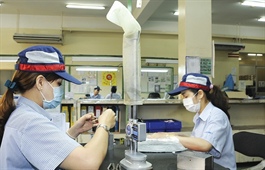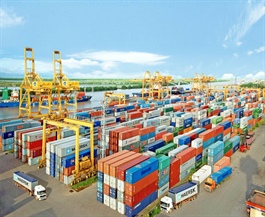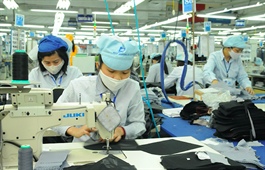Trade deal with Europe expected to promote supply chain formation
Trade deal with Europe expected to promote supply chain formation
Given the global trade recession, the newly implemented EU-Vietnam Free Trade Agreement (EVFTA) is expected to provide great opportunities for Vietnam’s economic growth. To make better use of these opportunities, businesses need to pay attention to developing supply chains.
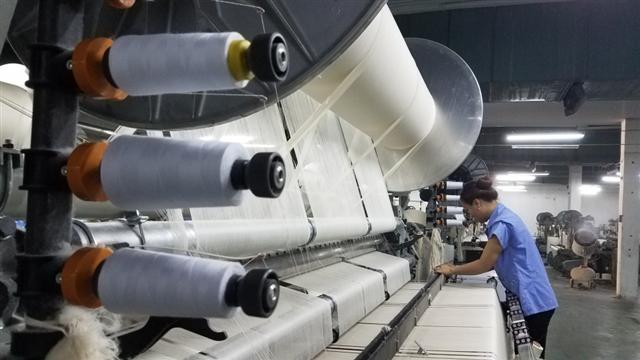
Local businesses are being urged to enhance their capacity to join new supply chains
|
Supply chain opportunities
Julien Brun, managing partner of the CEL Consulting Company, said the EVFTA has offered great opportunities for Vietnam in promoting export growth and luring high-quality investments. The economic structure of Vietnam is not directly competitive with that of the EU. Rather, they complement each other with their different fortes. In addition, the EU does not have an economy nearby to meet its needs for new supply chains. As one of the first developing countries in the region that has signed a free trade agreement with the EU, Vietnam is well suited to help develop new supply chains.
The EU will also encourage Vietnam to innovate in order to minimize environmental pollution, by reducing the use of plastic products, avoiding chemicals in farming, encouraging recycling and saving water. These factors will help Vietnam develop a circular and sustainable economy through the diversification of supply chains.
Nicolas Audier, chairman of the European Chamber of Commerce in Vietnam (EuroCham), said tariff and red tape cuts stipulated in the EVFTA will attract new European companies to the Vietnamese market, boosting investments and providing more options for Vietnamese consumers. With many European companies seeking to do business in Vietnam, its infrastructure, sustainable energy, information systems, logistics, cold supply chains, high-tech manufacturing and recycling will be forced to change to keep pace with new demands. The strong emphasis on the rules of origin, one of the core conditions for tariff cuts, will have a deep and positive impact on Vietnam’s industrial development. The rules of origin will invite companies to invest in a deeper layer of the supply chain, allowing Vietnam to be more autonomous and resilient.
Developing technology platforms
According to market research organizations, by 2020, 60 percent of top manufacturers will rely on digital platforms that enhance their investments in ecosystems and support by as much as 30 percent of their overall revenue. By 2021, 20 percent of top manufacturers will depend on a secure backbone of embedded intelligence, using the Internet of Things (IoT) and blockchain.
Dr. Reza Akbari, senior lecturer and program manager of the School of Business and Management under the RMIT University Vietnam, said that to take advantage of opportunities provided by free trade agreements, especially the EVFTA, businesses need to apply breakthrough technologies as a means of changing the entire mechanism and transforming into a smarter supply chain ecosystem with greater connectivity. These advanced technologies include artificial intelligence, self-driving cars, big data, blockchain, drones, robotics, and IoT applications.
Hoang Anh Tuan, director of the Hitachi Vantara Vietnam Company, said the application of digital solutions at factories will help assess the production situation, thereby devising proper plans to boost production.
| Supply chain development helps businesses save time and costs and minimize errors in the production process to ensure uninterrupted manufacturing. |








